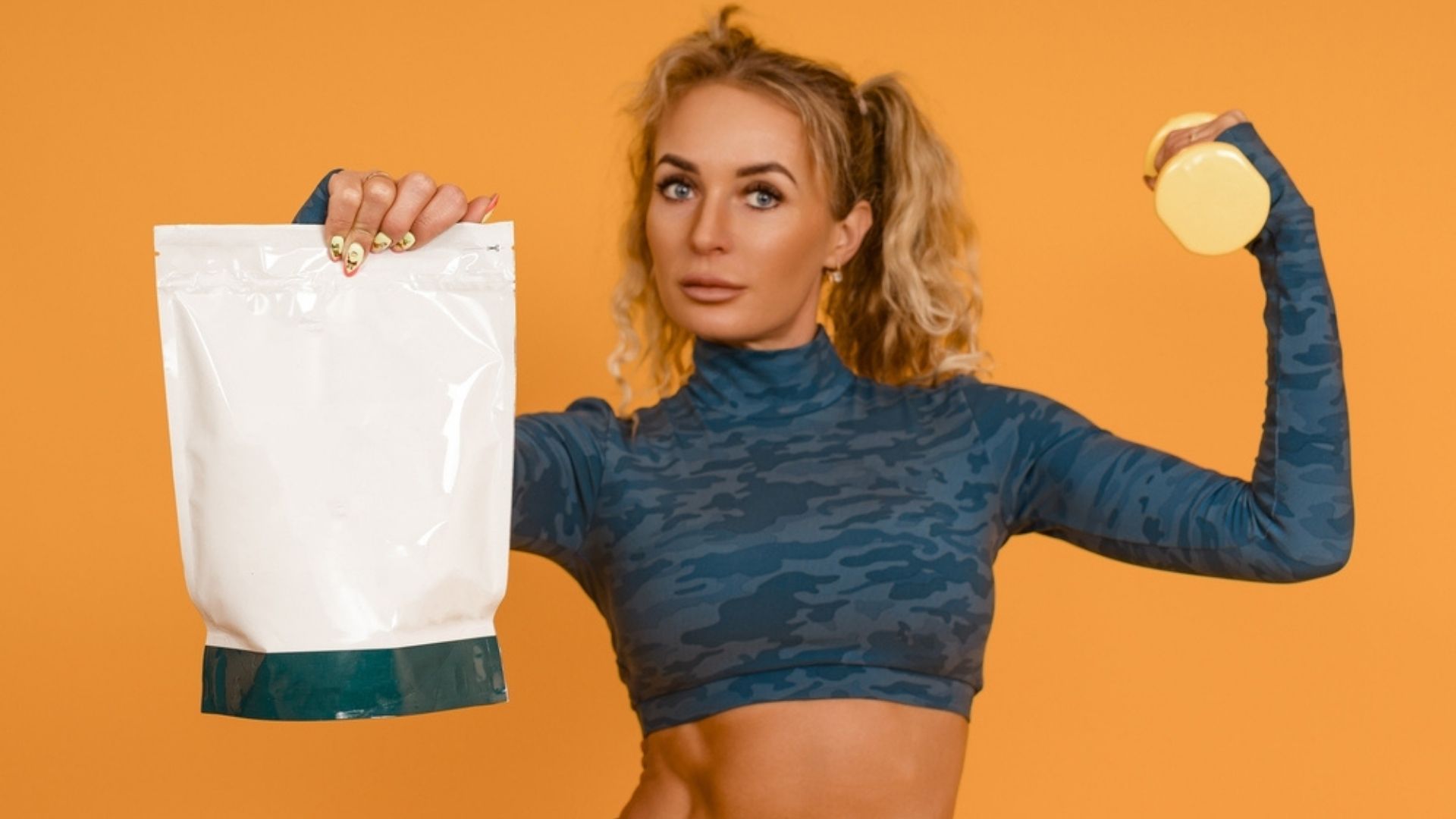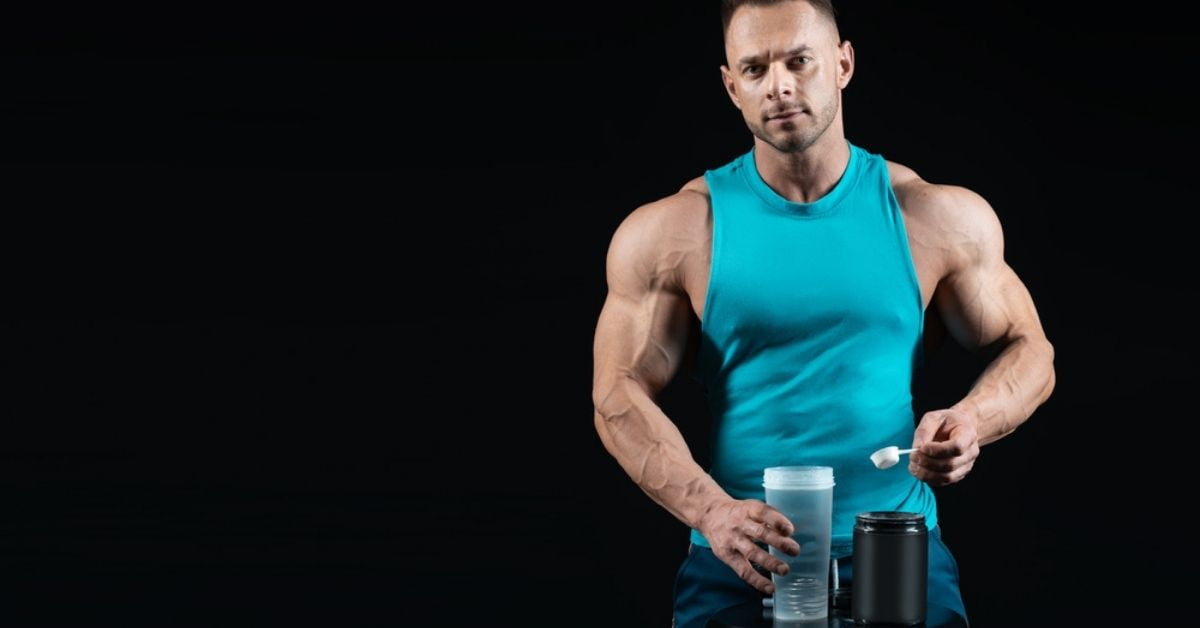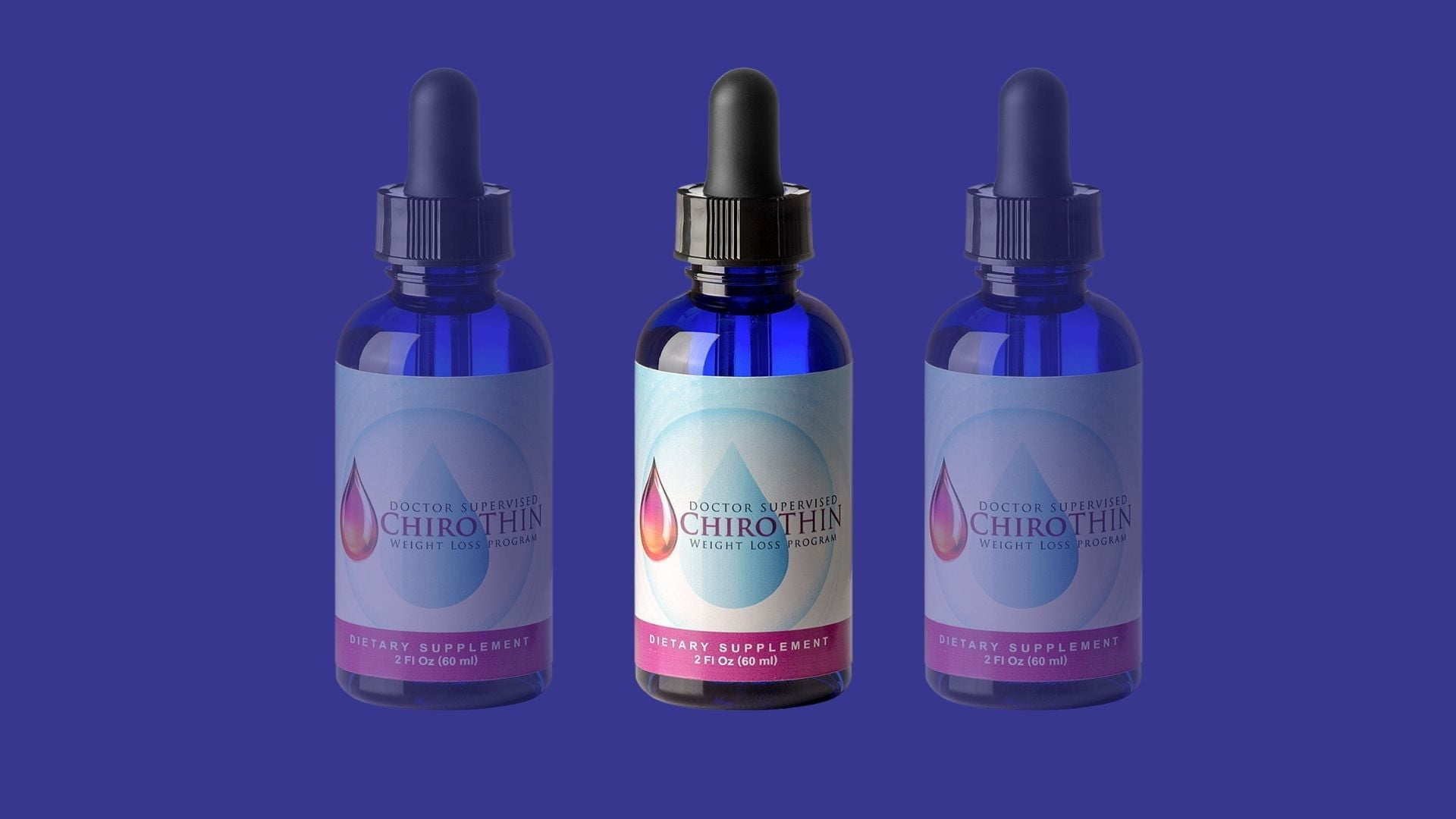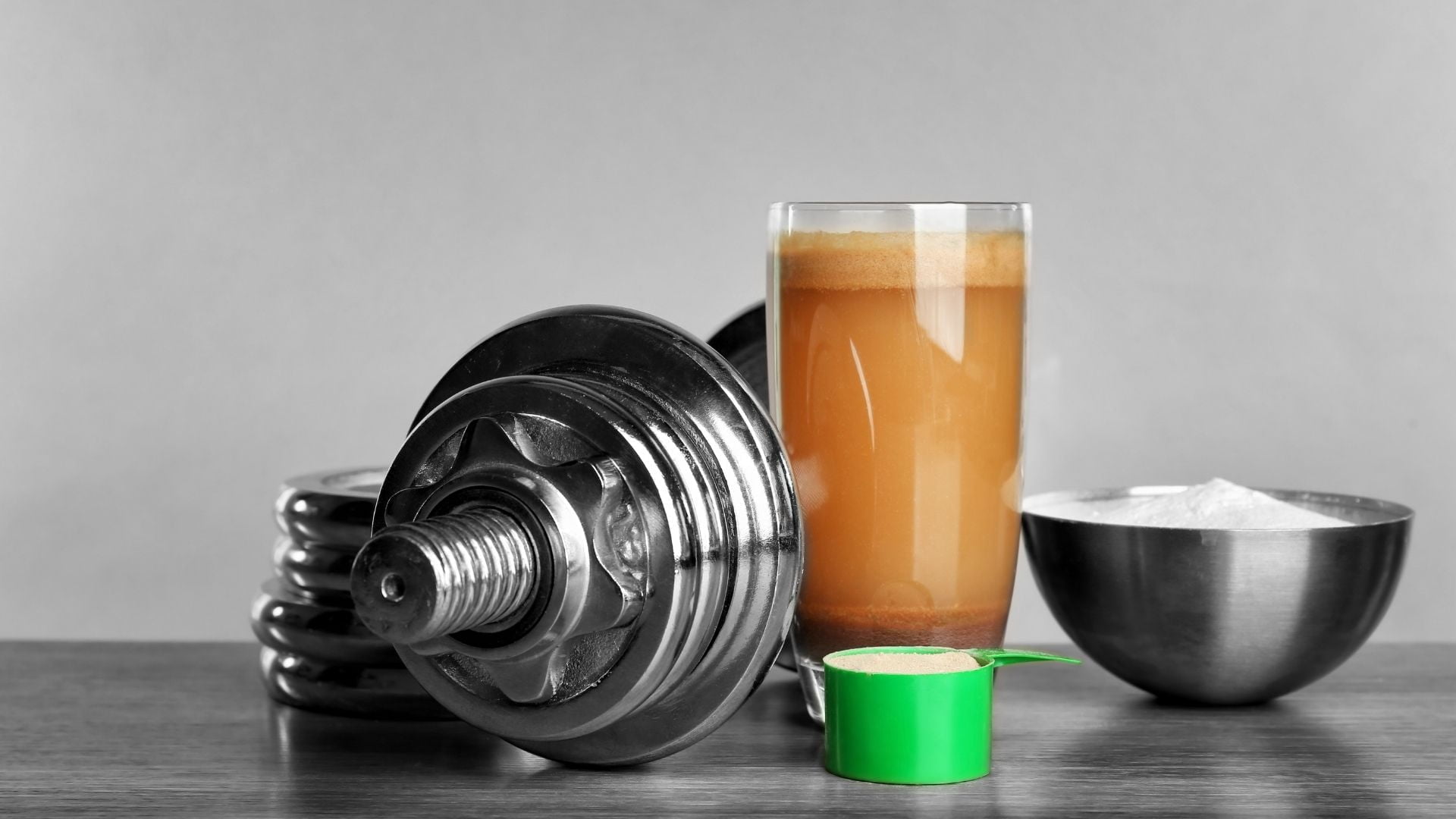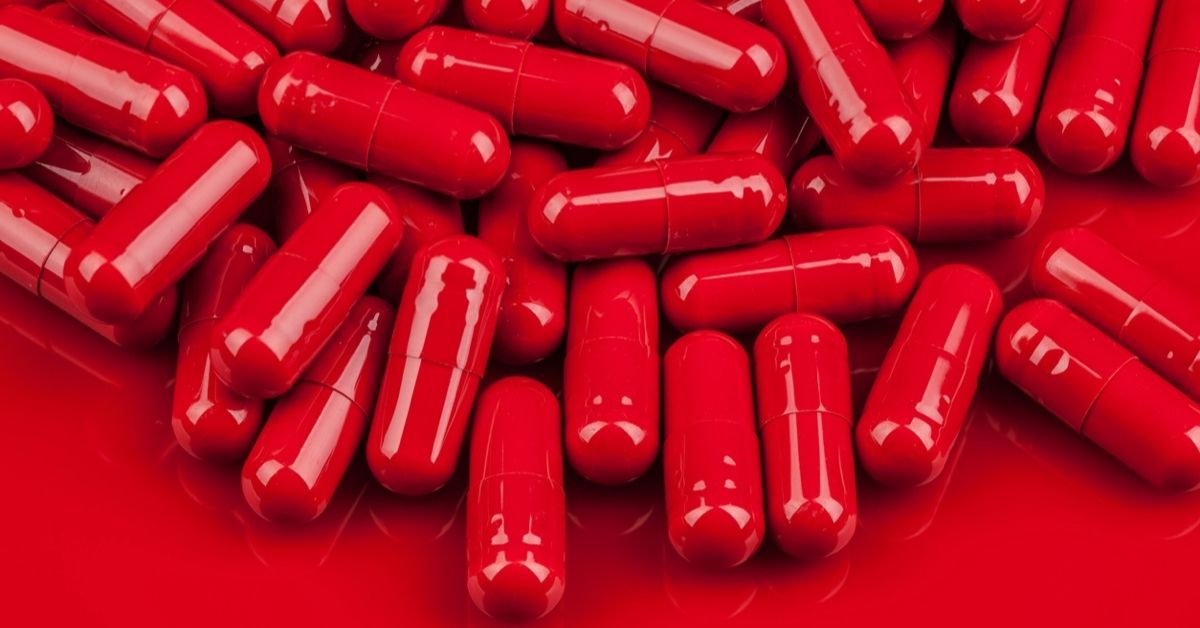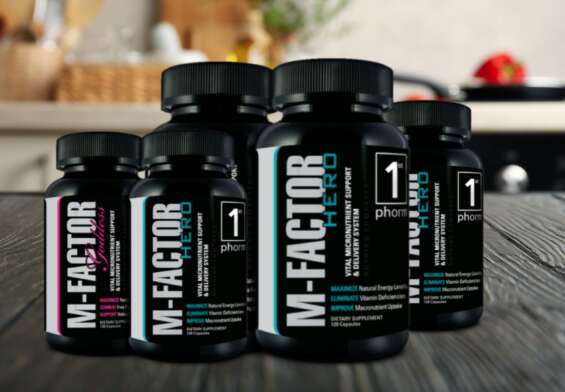
Protein 101: The Complete Guide for Beginners
What do you need to know about protein powder? A few simple questions need to be answered for a slim person or a novice bodybuilder who is very new to the bodybuilding community.
Is protein powder necessary? Does it work? How much do you need? Which type should you use? Which one is the best? And finally, will any of these responses cause a noticeable change regarding showing muscles or affecting the opposite sex?
This article will avoid extreme, scientific, and confusing issues about protein powders. Not only will you have a great deal of information about protein powder when you read this article, but you will also surprise your friends with your knowledge when you enter the sports nutrition store. Since you don’t know what to buy anymore, you won’t have two hours of protein powder shopping!
Is Protein Powder Necessary?

While protein supplements are not an absolute necessity for weight gain, nowhere have I met anyone who can get 400 grams of protein from cooked foods. If your daily protein requirement is over 200 grams, I recommend using protein powder. You will see how much easier your life will be when you start using it.
In addition, looking at the penny, protein powders and nutrient substitutes are more affordable than consuming the whole meal. However, there should not be a misunderstanding here. Protein powders are still just supplements in my book. As the name suggests, supplements are supplementary foods to be taken in addition to the diet. I emphasize this because the focus of any diet should be on food. Consuming the food as a whole is preferable to protein powders as it will provide a wide range of nutritional value.
Most dietary protein should come from red meat, fish, chicken, and eggs. However, meeting all meal protein needs may not be practical and convenient. This is particularly difficult for those who consume six or more meals to meet their daily protein needs. It should be emphasized that it is necessary to limit the additional protein intake to three spoons or 40% of the total daily food intake for optimal muscle gain. To some, it may sound like I’m bullshit, but I disagree.
Suppose you are not particularly keen on cooking. In that case, it should be noted that both food and supplements are very important to maintain a complete nutritional balance and obtain the desired protein. More than 95% of those who read this article do not have a servant at home to prepare a proper meal. In addition, never make the mistake that protein powders can replace work and nutrition.
Do Protein Powders Work and Are They Healthy?

I see this question over and over in my emails every day. I have previously explained how these products will help your protein needs as a supplement, but I know you are still wondering. Will protein powder help me get muscular, or is it a fake? The root of the problem should be this; “Does protein work?” and the answer should be: “Yes.”
As you know, proteins are molecules formed by combining simpler organic substances called amino acids. These molecules provide healthy muscle building and repair, regular food intake, and exercise. Protein is also responsible for:
- Making red blood cells
- Strengthening the immune system
- The health of hair, nails, and skin
However, not all protein powders are produced under the same conditions and doses. Many protein powders contain aspartame, saccharin, fructose, and artificial colorants. It’s important to note how unhealthy these protein powders can be. For this, choose natural ingredients rather than artificial powders containing artificial sweeteners and chemicals and do not promise muscle building and fat burning.
Also, avoid products that contain refined carbohydrates such as fructose, sucrose, or brown rice syrup. Ensure that the product you buy is produced by a reputable company that works on health. Unfortunately, as long as it is easy for them to produce and easy for us to buy, supplement manufacturers will continue to produce supplements from unknown bad ingredients. Do your homework by reading unbiased reviews, researching the history and reputation of the company, and taking responsibility and making decisions.
In the past, one of the factors that led me to decide on a healthy protein product was that it had a good taste and an easily mixed feature. Most protein powders can dissolve easily, even in a spoon, and form a solution. But when it comes to taste, you can be sacrificed to the unhealthy instead of a safe and healthy product. As you can see, all protein powders free of aspartame, sucralose, and simple sugars are tasteless.
How Much Protein Do I Need?
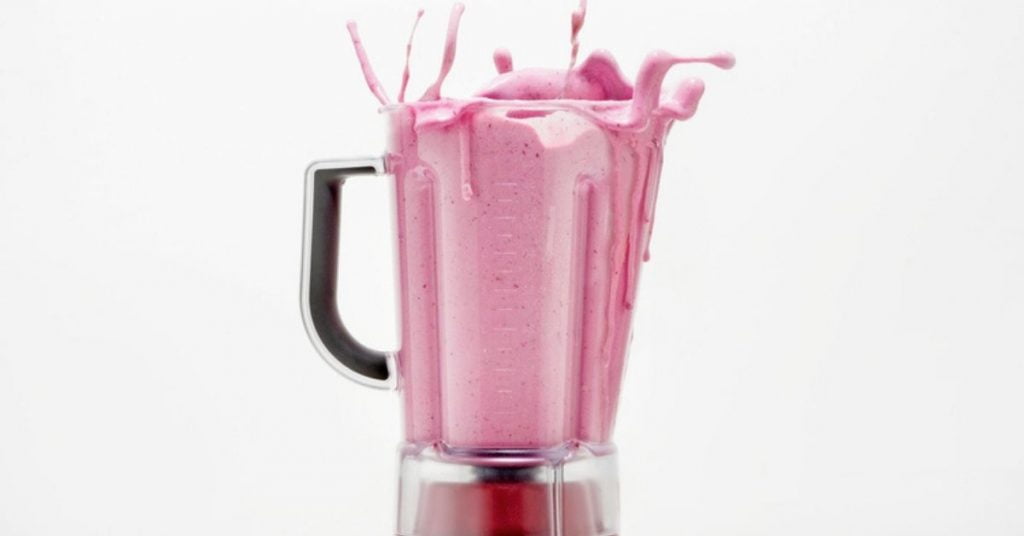
To ask better, “How much protein do I need to reach my goal?”
Protein is one of the most important macronutrients that should be consumed frequently throughout the day. I suggest you get 2 to 3 times your lean body weight in grams of protein in kilograms. In other words, a protein intake between 126 and 189 grams per day (70 x 0.1 = 7 grams of fat → 63 kilograms of lean mass) is appropriate for a person with a mass of 70 kilograms and 10% of his body is fat.
I recommend you take your protein powder intake predominantly before, during, and after exercise. Here is the positive side of supplementary foods compared to food. Supplements that absorb faster are more advantageous than a whole meal if taken during exercise.
I would never recommend replacing more than two meals of protein powder. Below you can see the approximate diet a day should be:
1. Meal (breakfast) – whole meal
2. Meal (before lunch) – liquid protein intake
3. Meal (lunch) – whole meal
4. Meal (afternoon) – whole meal
5. Meal (pre and post-workout) – liquid protein intake
6. Meal (dinner) – whole meal
7.Meal (before bedtime) – whole meal
What Type of Protein Powder Should I Use?
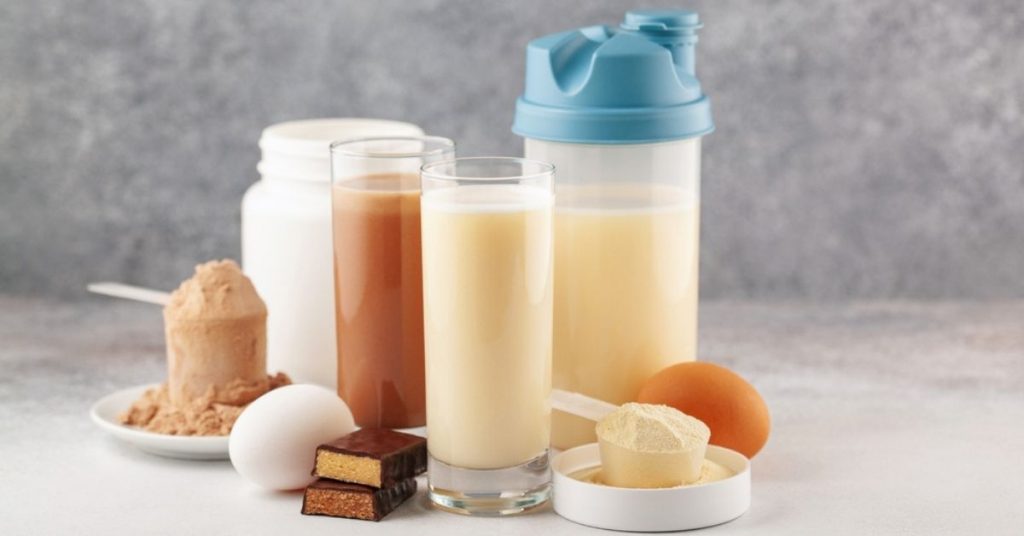
Before figuring out what kind of protein powder you need, take a look at the short protein information section below:
“Whey” covers 20% of the total milk proteins. Whey, commonly known as whey, or bodybuilding, is known for its high amino acid profile. This product contains high cysteine, easily digested, and various peptides; Due to its easy digestibility, it is more suitable to be taken before, during, or immediately after exercise. This is because these processes are the process in which the body needs the most energy, and the body starts the construction process by accelerating the anabolic metabolism.
“Casein” covers 80% of the total milk proteins. Casein is known for its excellent amino acid profile, slow digesting nature, and wide variety of peptides. As a result of the slow digestion of casein in the blood, it would be wrong to use this supplement during periods close to exercise. Therefore, it is wiser to consume casein at other times of the day.
Soy protein is one of the most controversial protein products. Although the soy group is quite successful as a superfood, it is seen that the intake is not suitable in many cases when scientific studies are examined. Due to all these controversies and uncertainties, I suggest you not use soy group foods but instead use the following products.
Protein-containing nutritional blends include whey protein concentrate, isolated whey protein, egg protein, casein protein, and soy protein.
Why would you want a mix? This is because consuming different protein groups in these mixtures allows you to meet your different needs more easily. Consuming a mixture will combine the constructive effect of whey protein with the destructive effect of casein. Take care to use these mixes in times other than exercise.
Whey hydrolysates (also known as hydrolyzed whey protein and are among peptides) are stronger because they are absorbed faster. The human body needs peptides more than all proteins. Hydrolysates are produced with very low temperature, low acidic values, and mild enzymatic filtration. They support protein synthesis for a short time and can be used before or after exercise.
Whey Protein and Isolated Whey
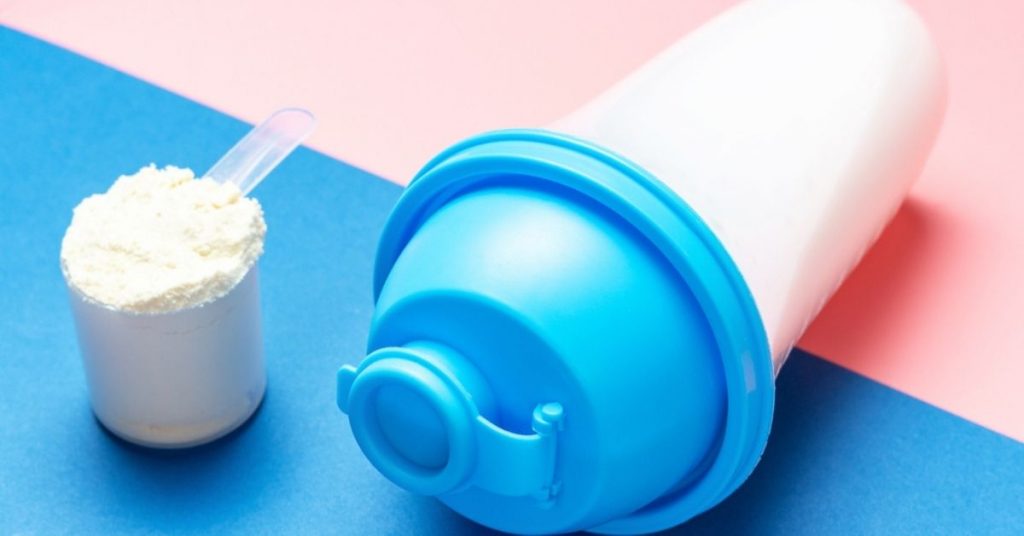
Protein powders on the shelves in supplement stores are produced with a mixture of whey concentrate and low proportions of isolated whey. If these two ingredients are compared, it will be seen that isolated whey is more expensive, purer, and has higher biological value than whey concentrate. Isolated whey protein contains more protein and less fat. While 90-98% of these products consist of protein, only 70-85% of the concentrated ones consist of protein.
Isolated whey is the product with the highest protein gain produced from milk today. It is very easy to absorb due to its chemical properties. Even considering the high protein density, it is seen that these products are more preferred than concentrated whey. However, this selection may vary depending on the preference because the isolated price is more expensive than the concentrate. Moreover, being purer does not necessarily positively affect your muscle building. In addition, its density does not justify the price difference.
As a result, Which One Should You Choose?

During the pre and post-exercise periods, as long as whey hydrolysates are the first or the second preferred ingredient, there will be no other product with better absorption and production metabolism triggering properties. As mentioned above, due to its high production properties, isolated whey has very high quality and should be consumed with whey hydrolysates before and after exercise. Although concentrated whey does not cause harm when taken in low doses, it is not a preferable product in the long term and high doses.
Use a blended product if you are looking for a protein powder that will give you the best growth capability during your growth and recovery phase before and after exercise.
This way, you will obtain a wide variety of proteins and use these different types of proteins more healthily with different absorption processes. By using the mixture, you will achieve more positive results thanks to the destructive nature of the cauldron, which supports the production of whey products.
Result
I hope this article has given you the basics of protein powders and a foundation that can be used when making new decisions about it. Don’t come to scams and become a more educated consumer at the supplement store. Now, instead of looking blankly at the supplement store without an idea, you can tell the salespeople what you want easily.
Yes, protein powders will effectively inflate you and impress the opposite sex. However, it is not possible to achieve this in a short time and with small changes in your diet.



